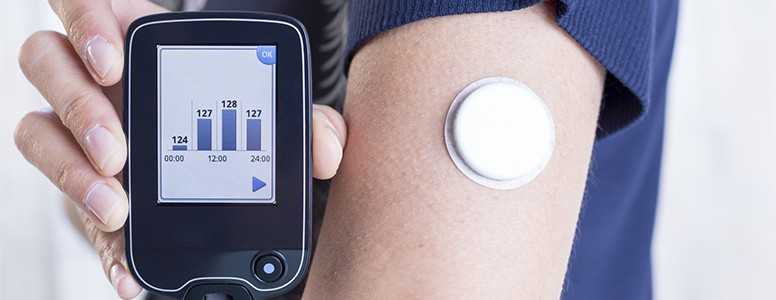The National Institute for Health and Care Excellence (NICE) says that education classes are essential for adults who have been recently diagnosed with type 1 diabetes.
In a new quality standard published this week, NICE recommends that adults should be offered classes between six months and one year after their type 1 diabetes diagnosis.
These classes should cover diet advice, exercise, information and medication and weight loss advice for adults who are overweight.
Specifically, patients will find out about checking blood glucose levels, injecting insulin and how to live a healthy lifestyle.
Professor Gillian Leng, deputy chief executive of NICE, said: “This quality standard says that in addition to giving people with type 1 diabetes information from diagnosis, also providing a more intensive structured education programme is most useful once their diabetes management routine is settled.”
The quality standard also makes recommendations regarding type 2 diabetes. Namely, patients at high risk of type 2 diabetes should receive intensive lifestyle-change programmes to reduce their chances of developing the condition.
Additionally, patients with type 2 diabetes should receive another drug if they have an average HbA1c of 7.5% (58 mmol/mol) or higher following six months of monotherapy.
Dr Ian Lewi, expert advisor to the NICE quality standard, said: “Many cases of type 2 diabetes are preventable through changes to a person’s diet and physical activity levels. Evidence-based intensive lifestyle-change programmes can significantly reduce the risk of developing the condition for people at high risk.
“A second drug should be offered if average blood glucose levels are still too high. This can help avoid long-term health problems such as diabetic foot ulcers and amputations, premature heart disease, blindness andstroke .”
NICE’s stance on diabetic foot problems has also been updated to recommend that adults with this complication are referred immediately for specialist care.
What's new on the forum? ⭐️
Get our free newsletters
Stay up to date with the latest news, research and breakthroughs.




